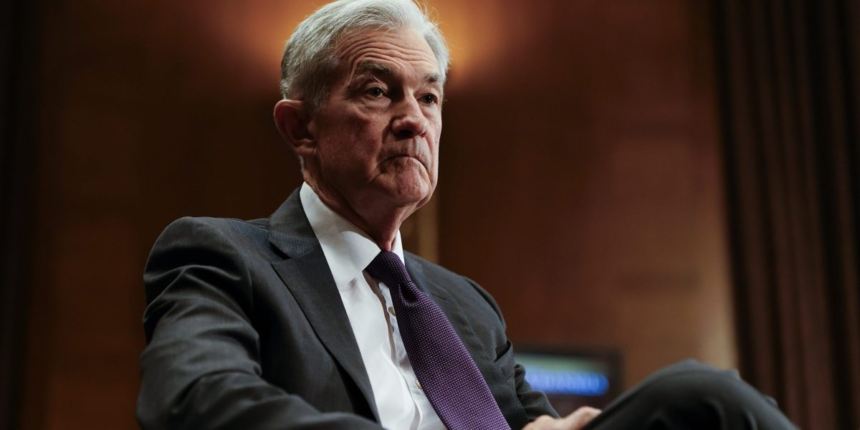With the government still shut down, the Federal Open Market Committee (FOMC) will be making its decision about America’s base interest rate today without some key data. So when Chairman Jerome Powell announces the outcome of the meeting in a press conference this afternoon, analysts are expecting him to deliver less insight than usual into the health of the economy.
While the FOMC will still have a host of data to base its decision on—from private data to regional reserve banks’ own reporting—they are without some key pieces of insight from government agencies due to the lockdown.
While sticky 3% inflation isn’t ideal, it also a far cry from the worst-case scenario many had envisioned: Rocketing price rises as a result of President Trump’s tariff regime.
As a result of the information void, analysts are expecting Chair Powell’s economic update today to steer away from the present environment and instead focus on other monetary policy tools.
As Deutsche Bank’s Jim Reid wrote to clients this morning: “With the U.S. government shutdown now in its fifth week, our economists anticipate that Chair Powell’s press conference will pivot away from economic data—given its scarcity—and instead focus on balance sheet policy, the policy framework review, and financial stability.
“On QT [quantitative tightening], our team expects the Fed to announce an end to the programme today, with run-off concluding next month.”
In the absence of key economic data, decision-makers at the Fed have indeed been turning their attention to the Fed’s balance sheet. For example, Powell’s most recent speech unpacked the Fed’s liability ledger of some $6.5 trillion as of October 8, concluding: “The bottom line is that our ample reserves regime has proven remarkably effective for implementing monetary policy and supporting economic and financial stability.”
Over at UBS, chief economist Paul Donovan also noted Powell will lean to a new format in his press conference later today: “The absence of credible short-term data since the last Fed meeting means policymakers cannot follow Fed Chair Powell’s ‘data dependency’ mantra and must instead focus on economic trends. Market interest will be focused on the spectrum of views, the tone of the press conference, and (inevitably) speculation about Powell’s successor.”
The lack of data also means Powell won’t want to make any statements that suggest a path toward (or away from) further action later this year.
Although private data suggests no huge unpleasant surprises to come in payroll data, until the FOMC has a clearer picture of the economy it won’t want to drop any hints about its final meeting and decision in December.
“We can’t help but believe that with the stock market near record highs and expensive by objective measures (e.g., earnings multiples), Powell will have to be wary of inadvertently fueling a bubble if he sounds dovish about the outlook for further rate cuts,” wrote Thierry Wizman, global FX and rates strategist at Macquarie Group in a note seen by Fortune yesterday.









